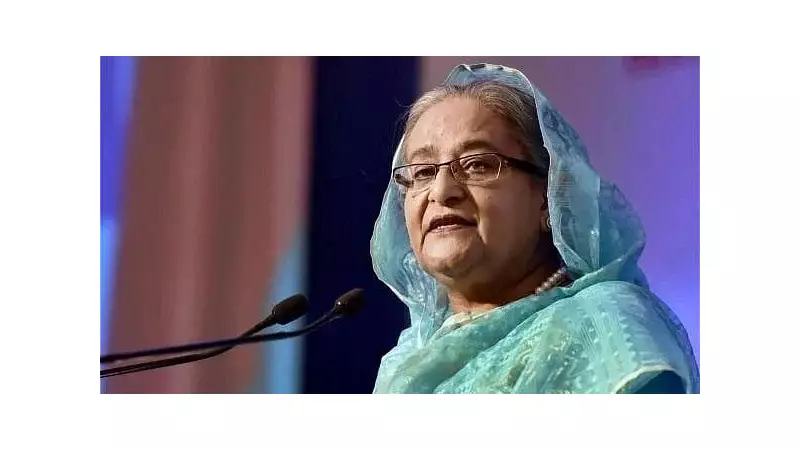
Bangladesh's interim government has formally requested India to extradite ousted Prime Minister Sheikh Hasina, citing a death sentence against her and pointing to the India-Bangladesh Extradition Treaty signed in 2013. This move has triggered a significant diplomatic and legal challenge for New Delhi, forcing it to navigate complex international law obligations while managing a sensitive bilateral relationship.
The Legal Framework: The 2013 Extradition Treaty
The cornerstone of Bangladesh's request is the India–Bangladesh Extradition Treaty of 2013. This bilateral agreement was established to bolster cooperation in combating crime by providing a legal mechanism for the transfer of individuals accused or convicted of extraditable offences between the two neighbouring nations.
While the treaty creates a pathway for extradition, it is not an automatic process. The treaty includes specific clauses that allow the requested state—in this case, India—to refuse extradition under certain conditions. Key grounds for refusal often include considerations of political offences, the potential for persecution based on political opinions, or concerns about the fairness of the trial the individual would face upon return.
India's Legal and Diplomatic Dilemma
The case places India in a delicate position. On one hand, it has a legally binding treaty with Bangladesh. Honouring such agreements is crucial for maintaining trust in international diplomacy and upholding the rule of law.
On the other hand, India must carefully assess the nature of the request. The central question is whether the charges against Sheikh Hasina are purely criminal or if they are politically motivated. If Indian authorities determine that the death sentence is linked to her political activities, they would have strong legal grounds to deny the extradition request under the treaty's standard provisions.
This decision is further complicated by the volatile political situation in Bangladesh following her ousting. India's assessment will likely involve a thorough examination of the judicial process that led to the sentence in Bangladesh.
Broader Implications and Next Steps
The outcome of this extradition request will have far-reaching consequences. It is a critical test for the India-Bangladesh relationship, which has been historically complex. India's decision will be closely watched by the international community as a reflection of its stance on justice and political asylum.
For now, the ball is in India's court. The Ministry of External Affairs, in consultation with legal experts, will meticulously review the request against the provisions of the 2013 treaty and India's own domestic extradition laws. The final decision will set a significant precedent for future bilateral relations and how India handles such sensitive legal appeals from its neighbours.





